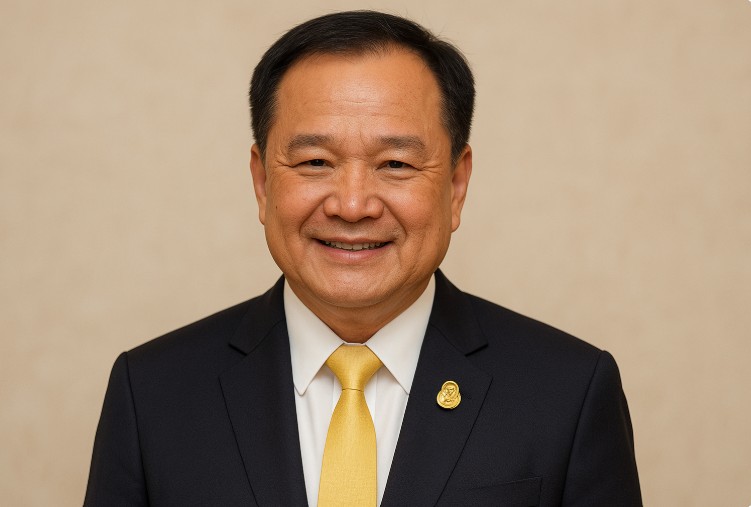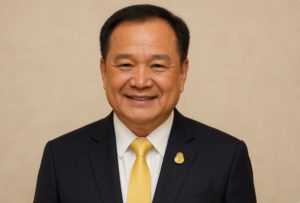BANGKOK – In a decisive move to end weeks of uncertainty, Thailand’s Parliament elected Anutin Charnvirakul as the country’s third prime minister in just two years, following the ouster of Paetongtarn Shinawatra by the Constitutional Court for ethical violations.
Anutin, a seasoned political figure and leader of the Bhumjaithai Party, won a resounding victory in the Lower House with 311 votes, far surpassing the 247-vote majority threshold. His key backers include the People’s Party, which holds the largest bloc in Parliament, acknowledging his win in exchange for constitutional reform and a promise of elections within four months.
Reset Following Shinawatra Dominance
Anutin’s appointment marks a significant setback for the influential Shinawatra dynasty. Paetongtarn—the youngest-ever Thai prime minister and daughter of ex-PM Thaksin Shinawatra—was removed from office just a week earlier, becoming the sixth leader tied to the Shinawatra family ousted by judicial or military intervention in recent years.
Thaksin fled Thailand to Dubai on Thursday night, just ahead of the vote. In a social media post, he stated he aimed to return for a September 9 court hearing that could land him in prison.
Anutin: Pragmatist and Bridge-Builder
Anutin, 58, brings a reputation as a shrewd dealmaker. He pulled Bhumjaithai out of Pheu Thai’s ruling coalition in June following a leaked call between Paetongtarn and Cambodia’s Hun Sen—an event that triggered her downfall. He then struck a deal with the People’s Party, securing support with a platform promising constitutional amendments and early elections—though the party itself will not join his government.
Anutin has held key roles including Deputy Prime Minister, Health Minister during the COVID-19 pandemic, and Interior Minister in the current administration. He gained national prominence for spearheading Thailand’s cannabis legalisation in 2022—earning him both acclaim as a reformist and criticism from conservative circles.
Fragile Coalition and Limited Mandate
Anutin’s path to power is built on tenuous alliances. Bhumjaithai controls only 69 or 70 seats, and his support hinges on favorable terms negotiated with the People’s Party. He has pledged to respect the minority nature of his administration, limit his agenda to survival until new elections, and refrain from power grabs.
His agenda is thus tightly circumscribed, focusing on short-term stability, constitutional reform, and a quick transition to the polls.
Legacy of Instability and Reform Imperative
Thailand’s political fragility is rooted in a pattern of judicial removals, party dissolutions, and military coups, with five prime ministers linked to the Shinawatra family ousted over the past two decades. Pheu Thai’s failure to maintain cohesion following Paetongtarn’s ouster underscores the dynasty’s diminishing hold on power.
Anutin inherits a fraught political landscape: a fragmented parliament, an electorate yearning for stability, and economic challenges looming large. His ability to pilot the nation through this interim period—and deliver on promised reforms—will determine whether this marks a transition to renewed credibility or another ephemeral regime in Thailand’s long saga of political turbulence. (zai)


